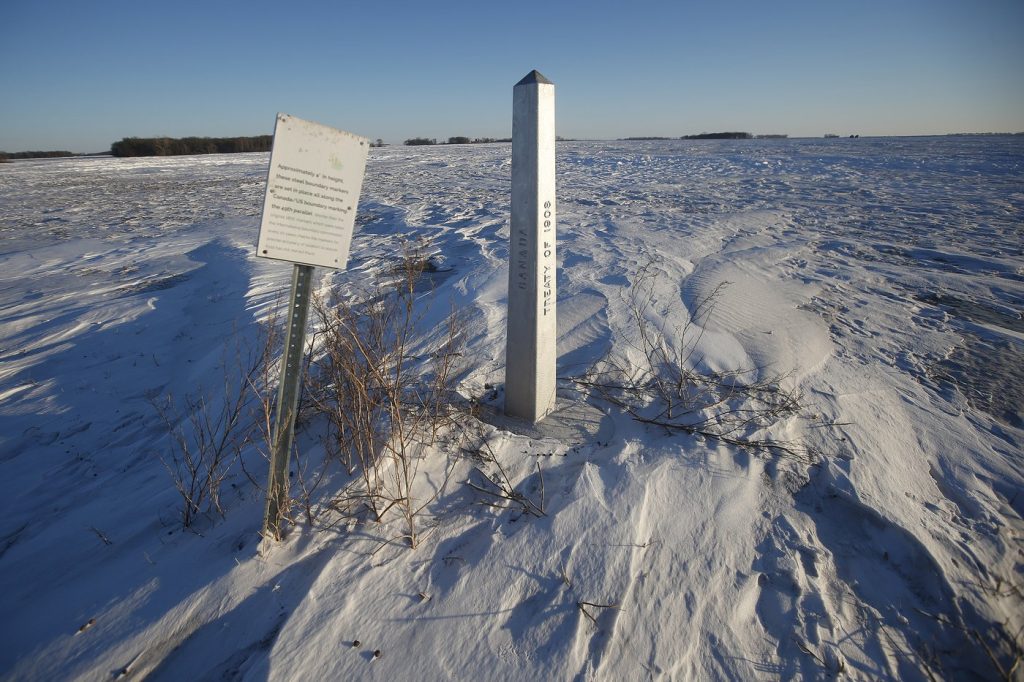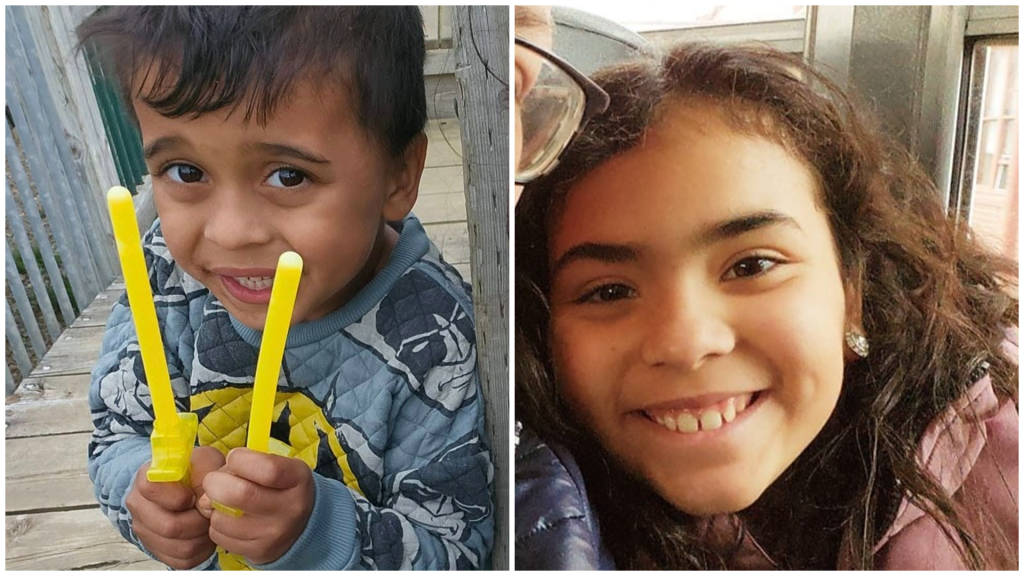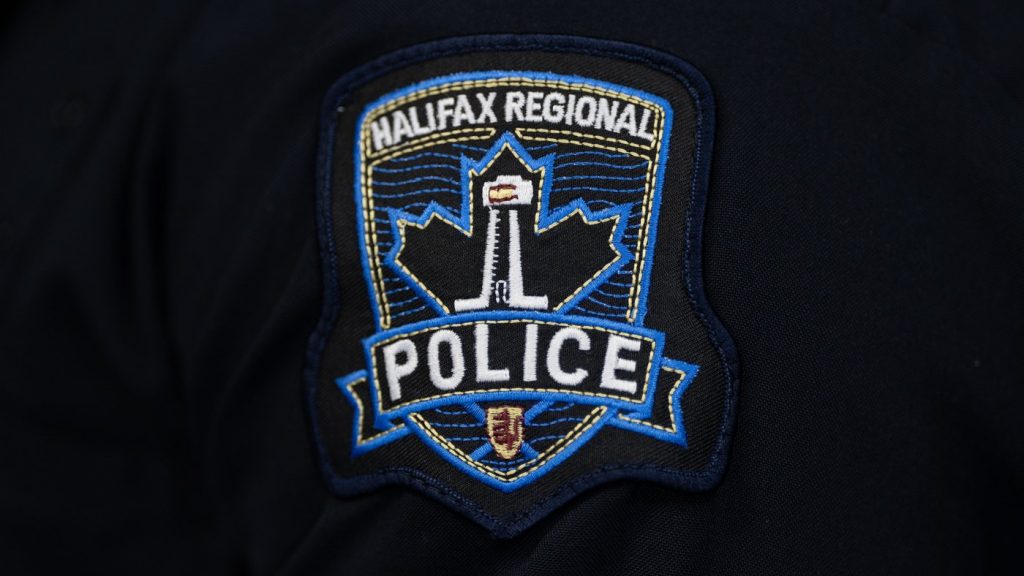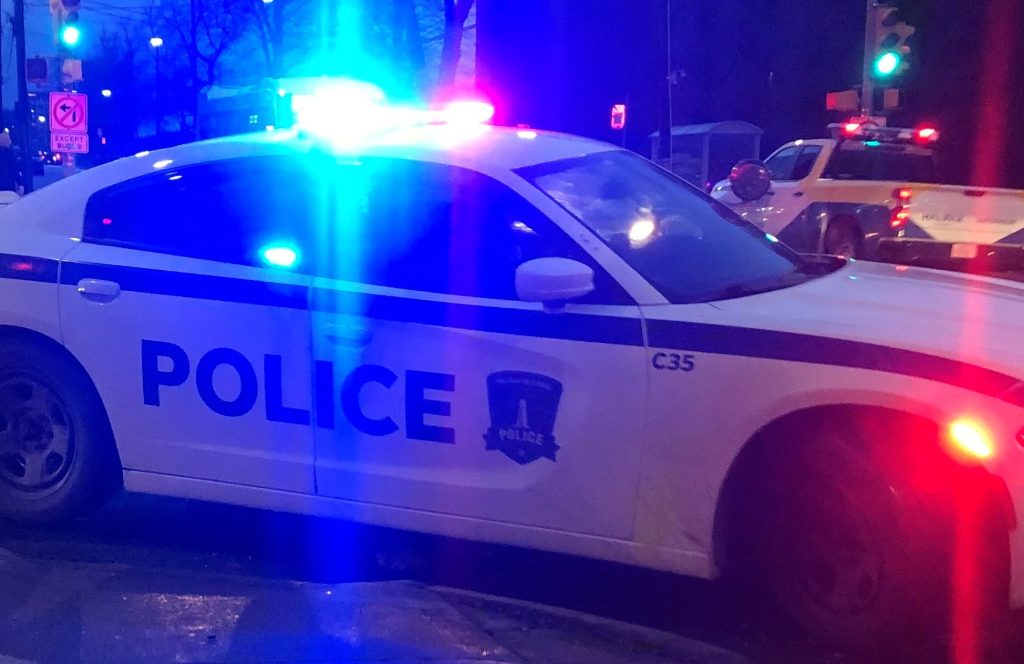Criminologist says Canada should better track foreign student departures

Posted Dec 27, 2024 05:19:53 PM.
Last Updated Dec 27, 2024 06:15:08 PM.
OTTAWA — A Canadian criminologist who once worked on inland immigration enforcement for the Canada Border Services Agency said Canada needs to better track foreign nationals who arrive in the country on student visas.
Kelly Sundberg, a professor at Mount Royal University, said he was not shocked to hear that Indian law enforcement agencies are investigating links between Canadian colleges and a scheme to ferry international students across the Canada-U. S. border.
“I’m not surprised that our ridiculous honour-based immigration program is being gamed by transnational criminals. That doesn’t surprise me at all,” Sundberg said.
India’s Enforcement Directorate said on Tuesday it had uncovered evidence of human trafficking after launching an investigation on the Indian connections the deaths of Jagdish and Vaishali Patel and their two children in January 2022.
The Indian family was found dead from the cold near the Manitoba-Minnesota border and last month an American and an Indian man were convicted of bringing unauthorized people into the U.S. and profiting from it.
The Indian agency says it has evidence that an Indian national allegedly arranged for people to get admissions to Canadian colleges in order to get a student visa for Canada, intending to then cross into the U.S. with no plan to actually study in Canada.
The RCMP said in a statement that it is aware of the Indian statement and have reached out through the country’s international police liaison to get more information on the investigation. The RCMP said it would have no further comment.
The federal government deferred comment to the RCMP.
The allegations have not been proven in court and India has not identified the Canadian colleges allegedly involved.
Colleges and Institutes Canada said they do not have information on the nature of colleges linked to these allegations, and are committed to helping ensure student safety and the integrity of the immigration system.
Sundberg said having a means to track when and how temporary residents, including international students, leave the country would reduce vulnerabilities in the system.
“When I was an immigration officer, I saw this playing out 17, 20 years ago. So it hasn’t changed,” Sundberg said.
“What it takes is the government has to enforce the laws it has. It needs to start collecting the bio data, so the photos and the fingerprints of every non-citizen crossing our border and have a process to confirm their departure. We need to tie documents with the biometrics.”
Sundberg said he’d be “very surprised” if reputable post-secondary institutions were part of these allegations.
Instead, he suspects colleges set up in strip malls. These types of schools have been a focus in Canada’s student visa reforms, with Immigration Minister Marc Miller calling them the diploma equivalent of puppy mills.
These latest allegations land as Canada is making major changes to its immigration system, including significant cutbacks on the number of student visas it issues.
At an immigration committee meeting last month, the Conservatives asked how Canada tracks international students if they leave the country.
At that committee hearing, Miller said the vast majority of people on temporary visas, including students, leave once their visa expires. He said there is work to do to curb asylum claims from international students.
The problem of people crossing into the U.S. illegally has also become a thorn in the Canada-U.S. relationship ahead of the return of Donald Trump as president next month.
Trump has threatened steep tariffs on all Canadian goods if Canada doesn’t do more to end illegal border crossings and the flow of illegal drugs into the United States.
This report by The Canadian Press was first published Dec. 27, 2024.
-With files from Dylan Robertson
David Baxter, The Canadian Press








